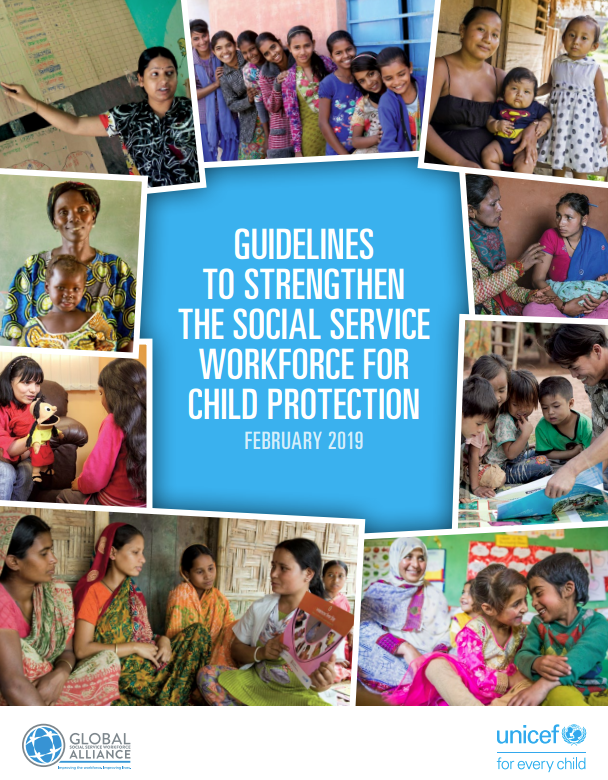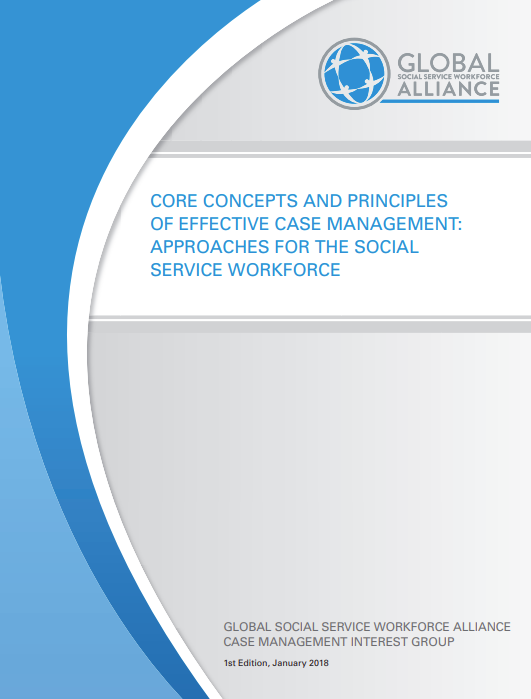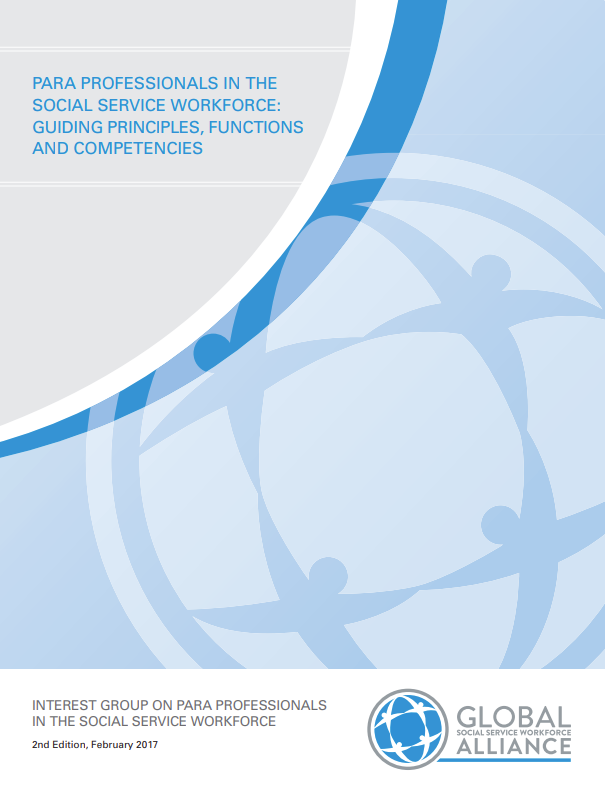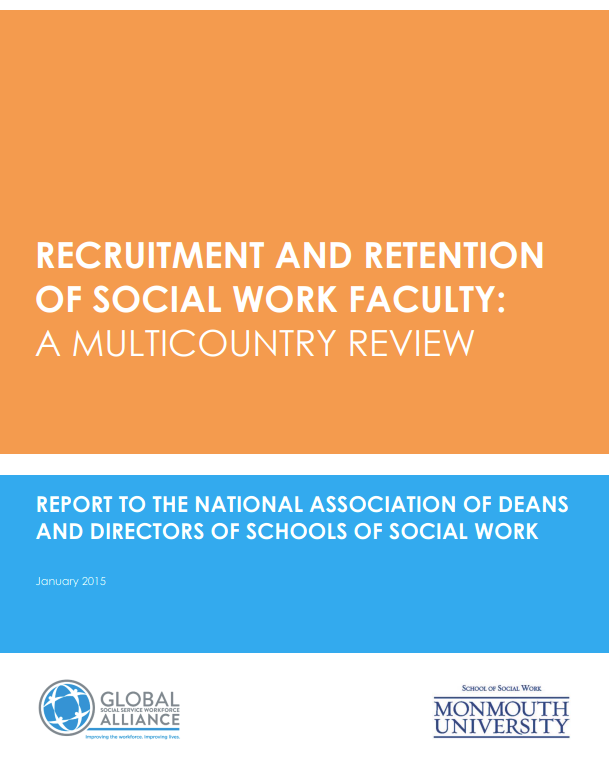Developing the Social Service Workforce
Home » Social Service Workforce » Strengthening the Workforce » Developing

Align education and training for the social welfare workforce with effective workforce planning efforts
- Develop social work pre-service education and in-service training programs to address gaps identified by workforce assessments.
- Use competency-based job descriptions to develop appropriate social work education and training programs for specific social service workforce cadres.
- Identify ways to ‘fast track’ social service education and training to meet urgent and critical needs.
- Ensure information from education programs (i.e. number of expected graduates, what level, gender and home region) is fed into the Human Resource Information System.
- Develop capacity to plan, budget and advocate for needed resources to make improvements to the pre-service education and in-service training system.
Ensure curricula incorporate both local/indigenous knowledge as well as international best practices for improving the well-being of children and families
- Conduct periodic curricula reviews by recognized experts as well as local practitioners and develop new curricula as needed.
- Promote best practices and curricula that focus on indigenous knowledge and culturally competent methods of practice and that strengthen the capacity of social welfare workers to utilize best practices within their communities (e.g. community-based care).
- Allow for both standard curricula to enable students to achieve social work qualifications as well as electives to promote innovation and diversity.
- Ensure that curricula recognize the different skill areas of social service work (e.g., social case work with the family and directly with children requires a quite different skill set than mobilizing and strengthening community capacity).
Strengthen faculty and teaching methods
- Establish competency-based standards for social work educators and periodically assess their performance against standards.
- Encourage social work education programs to send faculty and professionals for regional and international exchanges; as well as host international faculty in order to learn new perspectives and approaches and promote exchange of ideas and best practices.
- Build capacity for field placements that include field supervision; require internships/field placements for social work students prior to graduation and promote field placements for paraprofessionals.
Provide broad range of in-service professional development opportunities for workers
- Organize flexible courses and/or internet or smart phone-based courses (where practical) for workers or community-based caregivers living in remote areas or unable to leave their employment for full-time study.
- Establish specialized credentials and in-country credentialing systems.
- Encourage social service workers access to additional in-service coursework and test-based credentials in order to achieve advanced credentials.
- Expand access to diploma and degree programs for social service workers.
- Facilitate ways to recognize non-formal and on-the-job learning (e.g., by offering competency based assessments)
Alliance Resources Related to Developing the Social Service Workforce

Guidelines to Strengthen the Social Service Workforce For Child Protection
These Guidelines, developed in consultation with UNICEF, are designed to accelerate programming on social service workforce strengthening for child protection. Focusing on three key aspects of social service workforce strengthening—planning, developing and supporting—the guidelines highlight a series of interventions that focus on enhancing the capacity of the workforce to deliver promotive, preventative, and responsive interventions that support families and children in communities.
Core Concepts and Principles of Effective Case Management
The use of quality case management practices has been shown to improve decision-making and service delivery in child welfare and protection. The document aims to support the social service workers responsible for implementing a case management process by articulating the main principles and concepts of case management. It is meany to serve as a guide to help inform local and contextualized approaches.
Para Professionals in the Social Service Workforce: Guiding Principles, Functions and Competencies
While community level workers, often para professionals, provide an array of social services in various countries across the globe, the functions and activities of these workers are not well described or delineated within or across countries. This document provides guidance for developing programs and activities related to how para professionals can be trained, developed, deployed and supported.
Recruitment and Retention of Social Work Faculty: A Multi-country Review
In many countries, it can be difficult to recruit social work faculty who possess masters or doctoral degrees because of the shortage of candidates who hold these higher-level qualifications and choose a career in academia. Addressing challenges in recruiting and retaining faculty requires a holistic approach that incorporates a range of linked recruitment and retention interventions that fit the particular country context. This report consolidates main challenges and effective strategies related to faculty recruitment and retention around the world.





